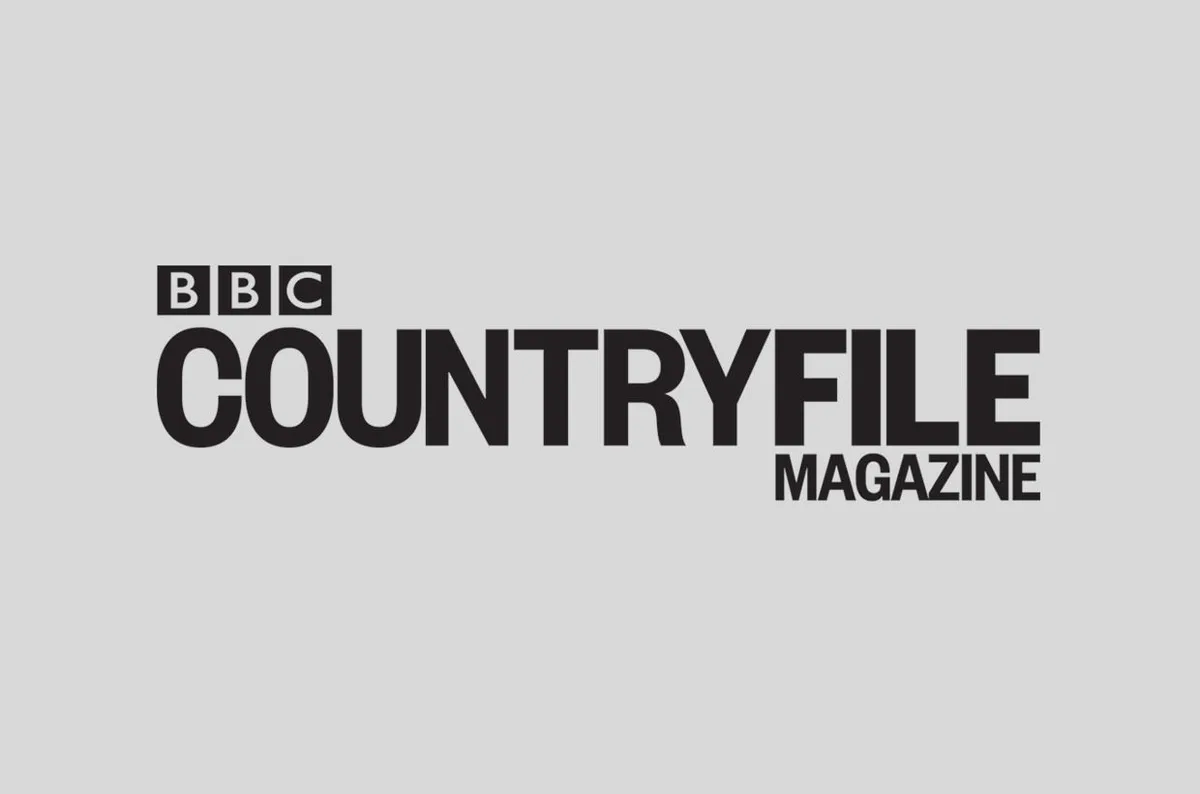
The north-south divide is alive and well. But this time it’s not wages or house prices that differ wildly from one end of the UK to the other, it’s water. While Scotland and the north-west of England saw substantial rainfall during the winter, some areas of the south and east were declared official drought zones as early as February.
The news came as a shock and something of a wake-up call, conjuring up images of the dreadful drought of 1976. I was just a lad at the time but I have vivid memories of seeing nightly news reports of empty reservoirs resembling deserts and thirsty homeowners queuing at standpipes in the street.
Safe, efficient farming is unthinkable without a plentiful supply of clean water. Livestock drink an enormous amount: cattle will consume up to 50 litres a day and dairy cows producing milk will drink even more. Farmers simply have to supply their animals with fresh drinking water – it’s an animal welfare issue. So if the local supply has dried up, we’re obliged to buy in tankers of water. It’s expensive and inconvenient but there’s no choice.
Then there’s the regular washing down of the parlours and equipment to keep things clean. Farmers who’ve diversified with camping sites, visitor attractions, farm shops or cafés will then have the added demand of providing water for things like drinks, showers and toilets.
In the fields, crops are sprayed with herbicides and fungicides, which are diluted with a lot of water. On my own farm that amounts to around 250,000 litres a year. In the same way that you can’t persuade a cow to drink less, when you load the sprayer it needs to be diluted to a certain level.
Here on the top of the Cotswolds, our thin soil dries out quite easily, which works in our favour if there’s been monsoon-like weather, because we can get back on the land almost as soon has the rain has stopped. But the major disadvantage is that when we get a dry spring there’s nothing we can do but watch the crops die.
In the rain-free spring of 2011, we were terrified that our yields were going to be 25 percent down – if not more. Thankfully, in May last year the rain finally came and saved the day. But in previous years I’ve had crops that have failed to establish decent roots because of the arid conditions and they’ve been a total write-off – though the farmers who suffer most in a drought are those who irrigate, such as growers of vegetables, soft fruit and potatoes.
Having an abstraction licence to take water from rivers and to create your own reservoir isn’t much use when there’s no water to be had. These hardworking food producers could be in trouble this summer.
Catching the rain
That’s not to say that conserving water isn’t on our minds already. Many of us are harvesting rainwater off our roofs. I’ve got a collection tank for the run off from the grain sheds and we use that water for spraying. It’s something that’s a matter of course in Australia and, frankly, it’s a water source that everyone in Britain should take advantage of using garden water butts and ponds as storage. But unless it rains, it soon runs out.
In the meantime, farmers will be more vigilant about checking troughs and pipes for leaks and I’m sure extra effort will be made to find an economical way to collect more of the water that gets poured down the drain. When you turn on a tap, it’s easy to forget how hard life would be if the water stopped.

